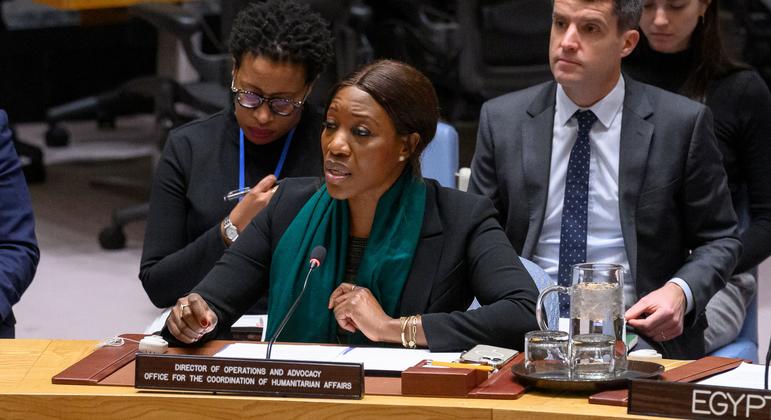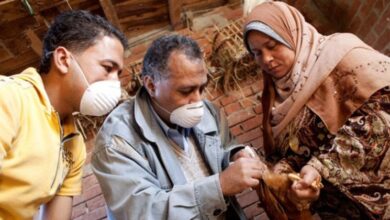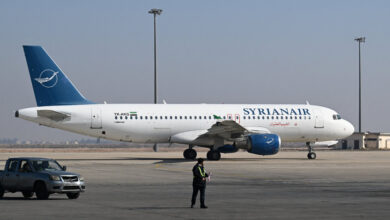‘Famine is spreading’ as crisis in Sudan worsens: Security Council


Handle Security Council on Monday, Edem Wosornu, Director of Advocacy and Operations Department at the United Nations aid coordination office (OCHA) describes the unfolding disaster as “a humanitarian crisis of staggering proportions.”
This “man-made” disaster, driven by relentless conflict, has destroyed food systems and vital infrastructure, putting millions at risk, she explained.
Evidence of increased hunger
“Famine is currently occurring in 5 regions,” Ms. Wosornu stated, highlighting the Zamzam, Al Salam and Abu Shouk camps for internally displaced people, as well as the western Nuba Mountains.
Food and Agriculture Organization (FAO) reported that conflict and displacement are the main causes of food insecurity, “exacerbated by limited humanitarian access”, according to Deputy General Manager Beth Bechdol.
Latest integrated food security stage classification (IPC) Analysis highlights the disproportionate impact on vulnerable groups, especially women, children and the elderly.
Disrupted food production and collapsing market conditions have exacerbated the crisis.
The IPC Committee has predicted that Famine could spread to five additional regions, including Um Kadadah and El Fasher, by mid-2025, along with 17 other areas that are at high risk without urgent intervention.
Ms. Bechdol reminded the Council of the dire consequences of such crises: “As we have learned from these serious crises, Tens of thousands of deaths occurred before any famine was classified.”
Recent assessments indicate that more than 16% of households in affected areas currently face catastrophic food insecurity.
Challenges in providing aid
Despite ongoing efforts, logistical barriers still hinder the delivery of humanitarian aid.
“On December 25, a convoy of 28 trucks arrived in Khartoum from Port Sudan with food, nutritional supplies and other support,” Ms. Wosornu explained, marking a step forward. However, challenges remain.
“Critical areas in South Kordofan are effectively cut off from outside support,” she said, while “visas for humanitarian workers are not issued quickly enough.”
New inspection procedures at the Adre border crossing, crucial to operations in Darfur, have also delayed aid deliveries further.
Nearly 90% of displaced households currently do not have enough money to buy food.
A call to unified action
Both Ms. Wosornu and Ms. Bechdol made calls for international support during the Security Council briefing.
They called on governments to prioritize funding, ensure safe relief routes and press relevant parties to end hostilities.
Ms. Bechdol said “immediate and unhindered” humanitarian access is essential so that partners can provide “multi-sectoral humanitarian assistance.”
the Sudan’s 2025 humanitarian needs and response plan calls for $4.2 billion to assist 21 million people, and an additional $1.8 billion is needed for refugees in neighboring countries.
An important moment
FAO emphasizes the importance of addressing agricultural disruptions and rebuilding food systems alongside immediate relief efforts.
“When farmers have access to land and inputs, they will produce food,” Ms. Bechdol stated.
According to IPC analysis, the crisis is at a pivotal moment. Without decisive action to stabilize food security, the situation is likely to get worse.
“Millions of lives are even more at risk,” Ms. Bechdol concluded, “and so is the stability of many countries in the region.”




